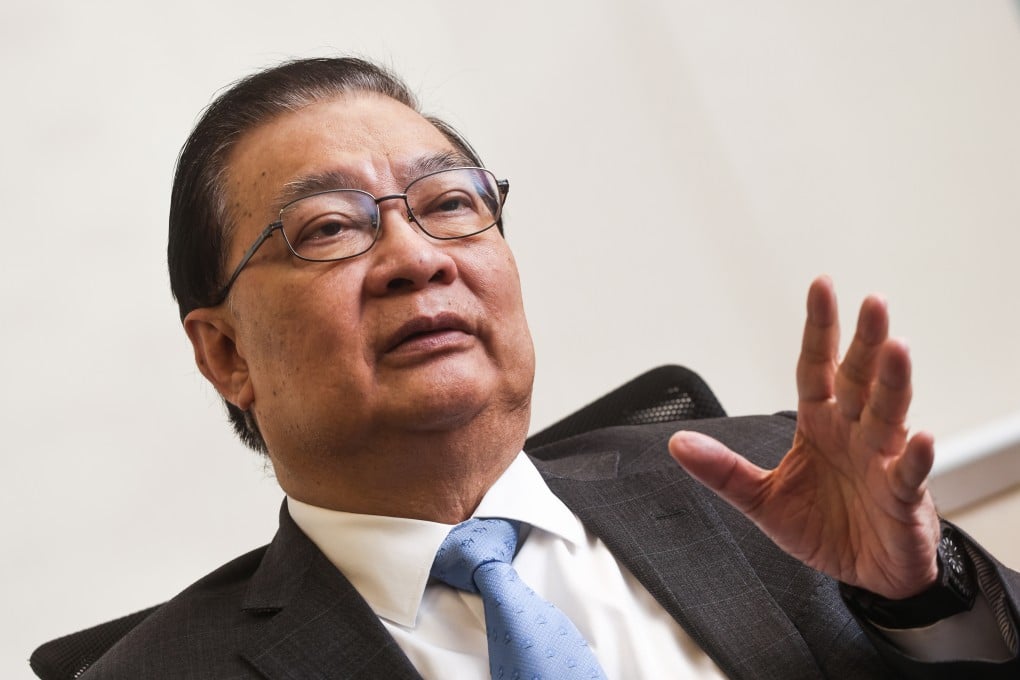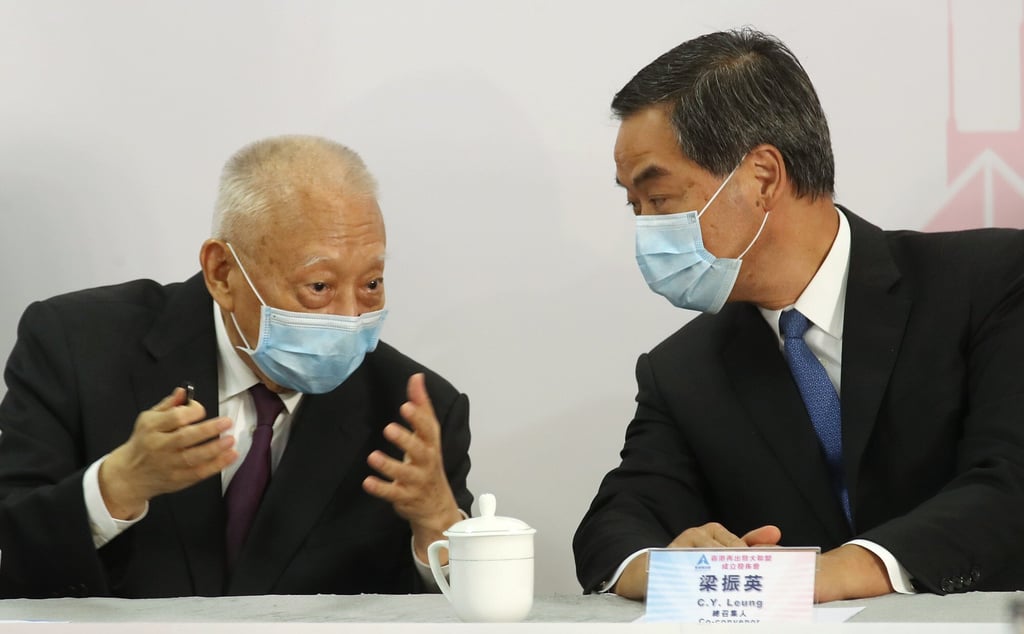Advertisement
Will Hong Kong’s new post of chief convenor of Election Committee in political shake-up create another power centre?
- Tam Yiu-chung, Hong Kong’s sole delegate to China’s top legislative body, says new Election Committee chief will have ‘transcendent’ status above the city’s leader
- The high status is needed for the chief convenor to represent the central government in solving any problems that could arise during elections, he says
Reading Time:4 minutes
Why you can trust SCMP
6

A newly created post of chief convenor of the Election Committee in Hong Kong’s political shake-up has sparked questions over whether a new power centre could emerge as a pro-Beijing heavyweight said the official would have “transcendent” status above the chief executive.
However, Tam Yiu-chung, the city’s sole delegate to China’s top legislative body, on Wednesday said that high status was needed for the chief convenor to represent the central government in solving any problems that could arise during elections.
He would act only as a gatekeeper during polls, Tam stressed. He maintained that the chief convenor, who has to be a state leader, would not have a say in local governance.
Advertisement
Currently, Hong Kong has only two such leaders, Tung Chee-hwa and Leung Chun-ying, both former chief executives who serve as vice-chairmen of the Chinese People’s Political Consultative Conference, and Tam said it was clear one of them would fill the position.

The new role is part of sweeping changes to the city’s electoral system approved by the National People’s Congress (NPC) Standing Committee on Tuesday. The proposal empowers the Election Committee – originally tasked with picking the chief executive – with the right to nominate all candidates aspiring to be lawmakers and elect 40 representatives of its own to the Legislative Council.
Advertisement
Advertisement
Select Voice
Choose your listening speed
Get through articles 2x faster
1.25x
250 WPM
Slow
Average
Fast
1.25x